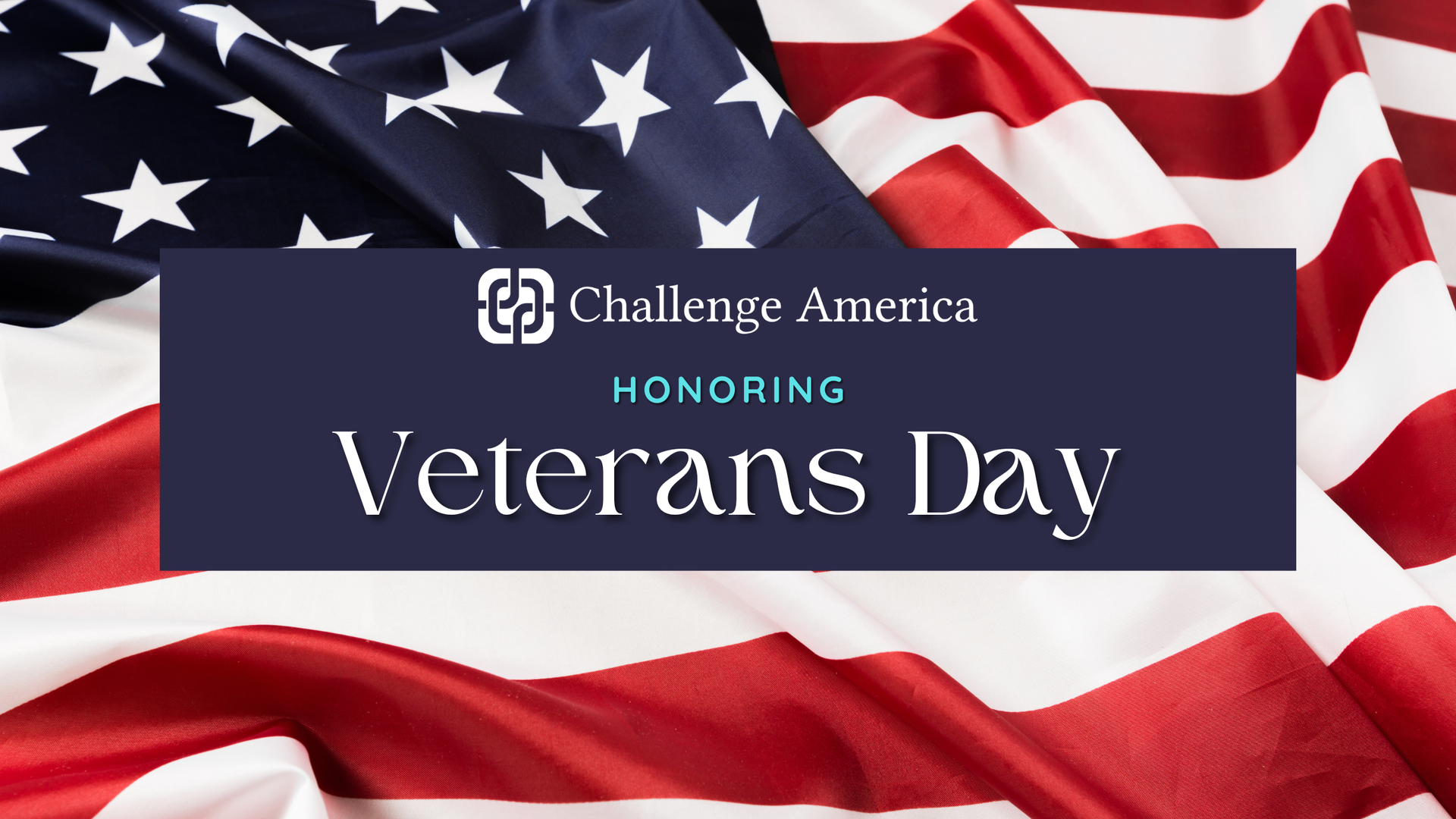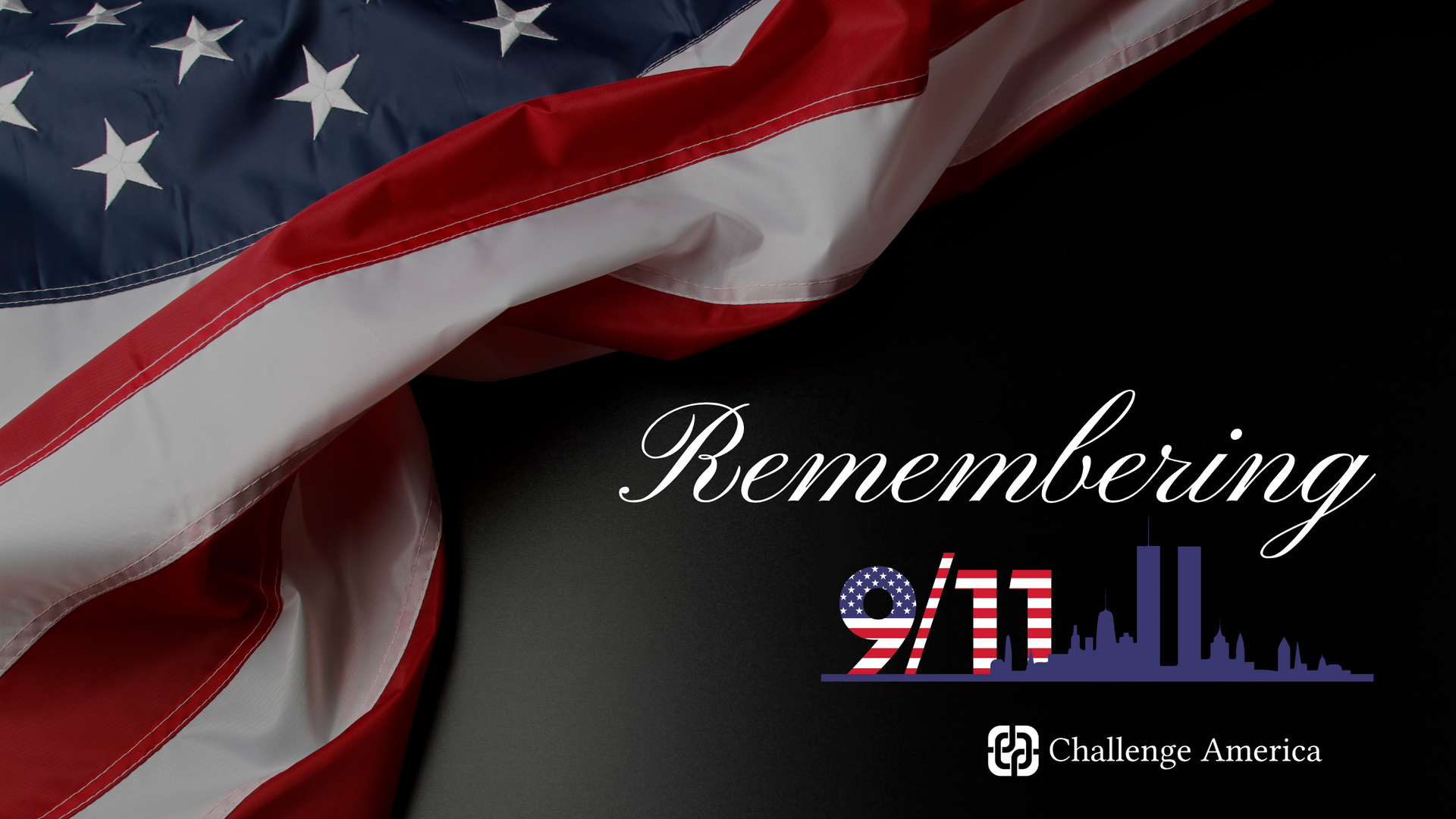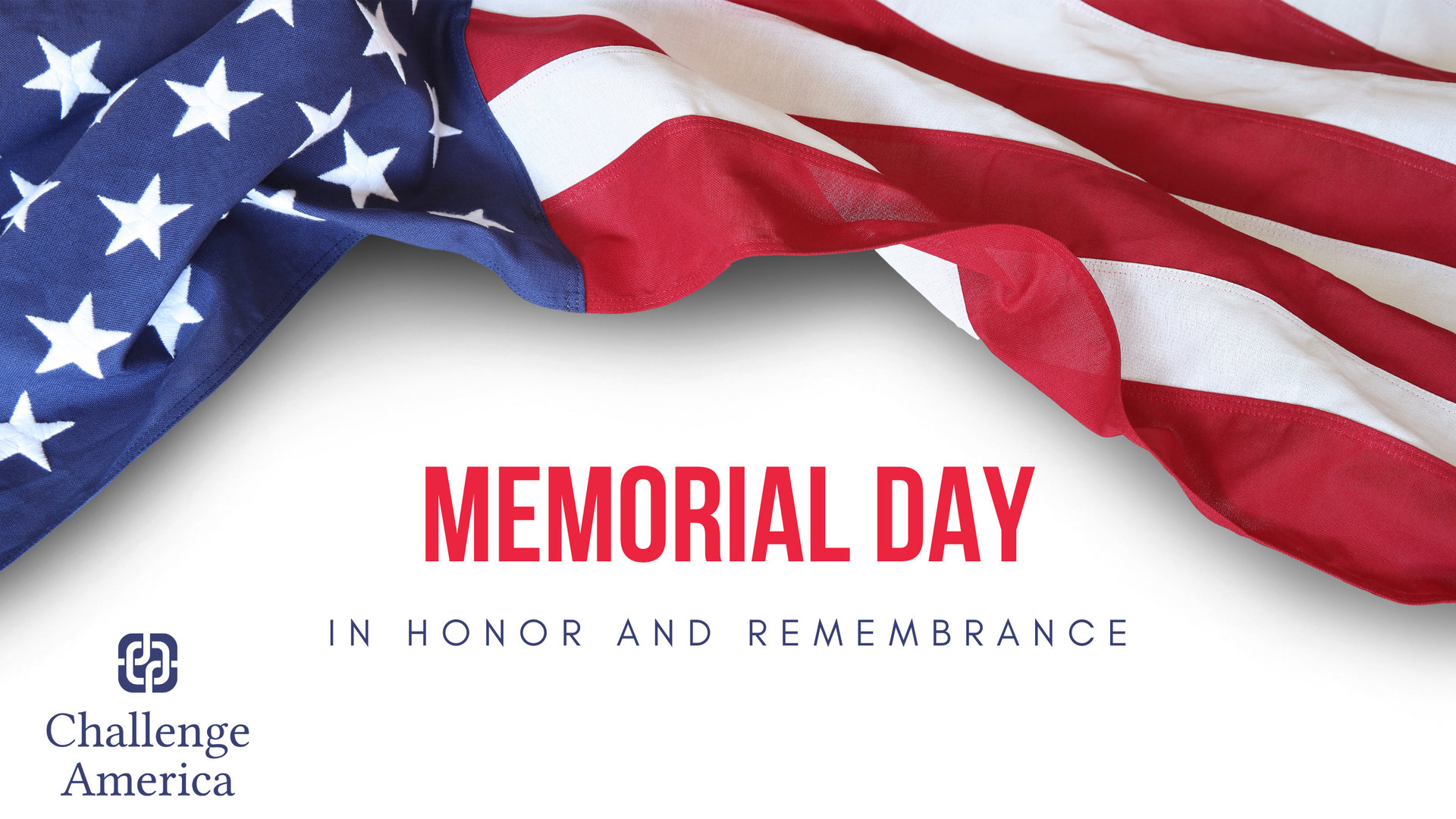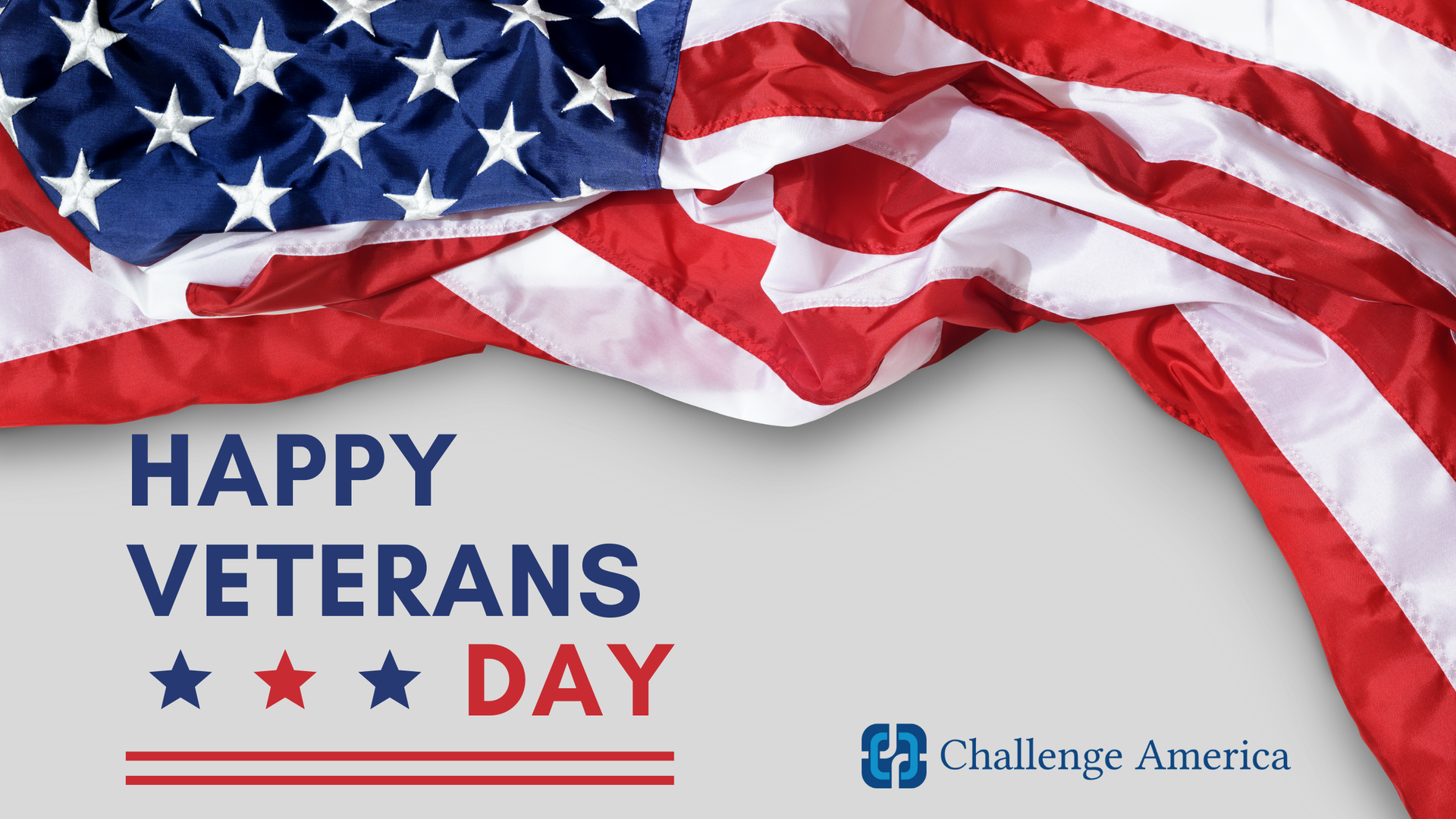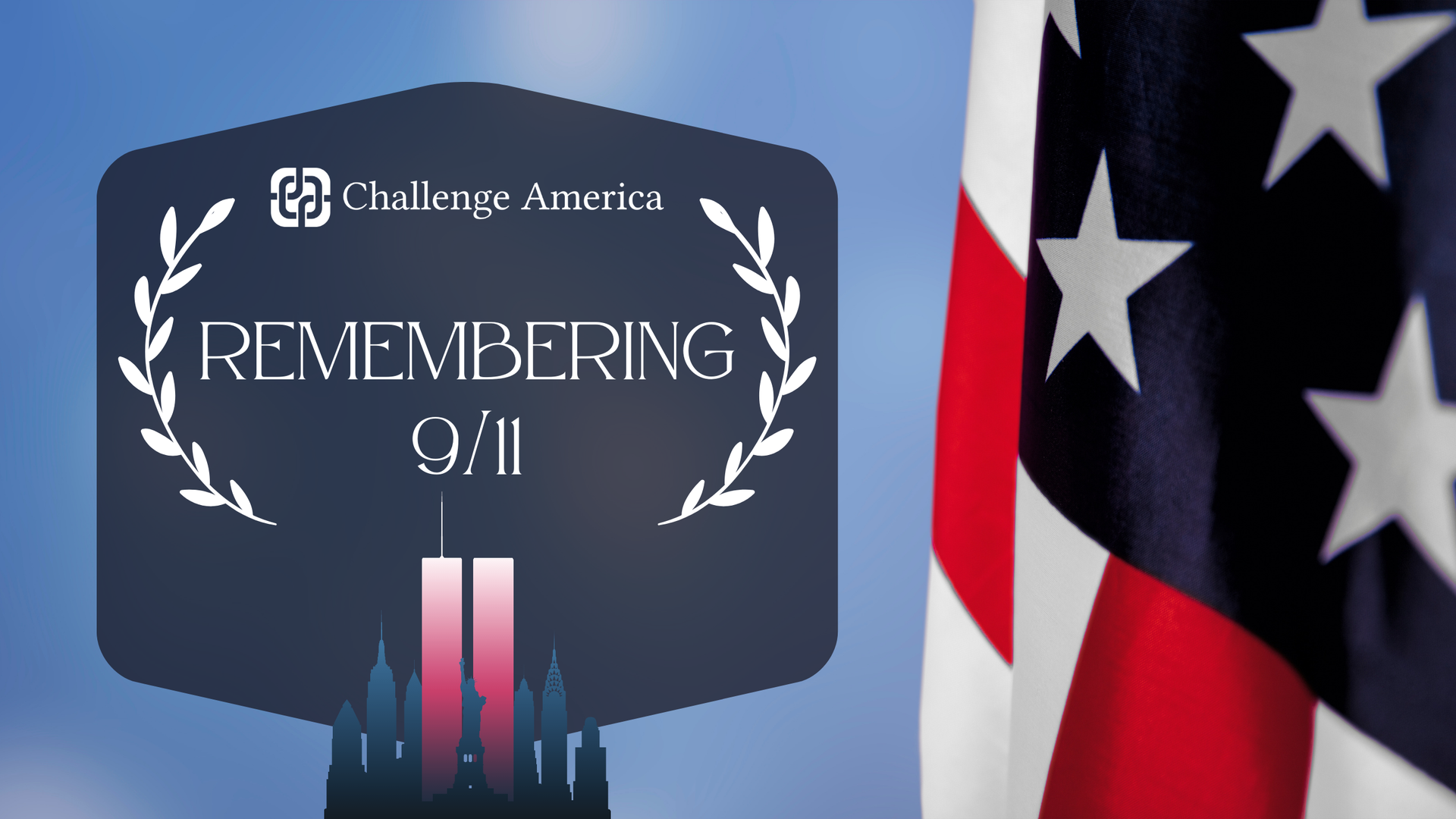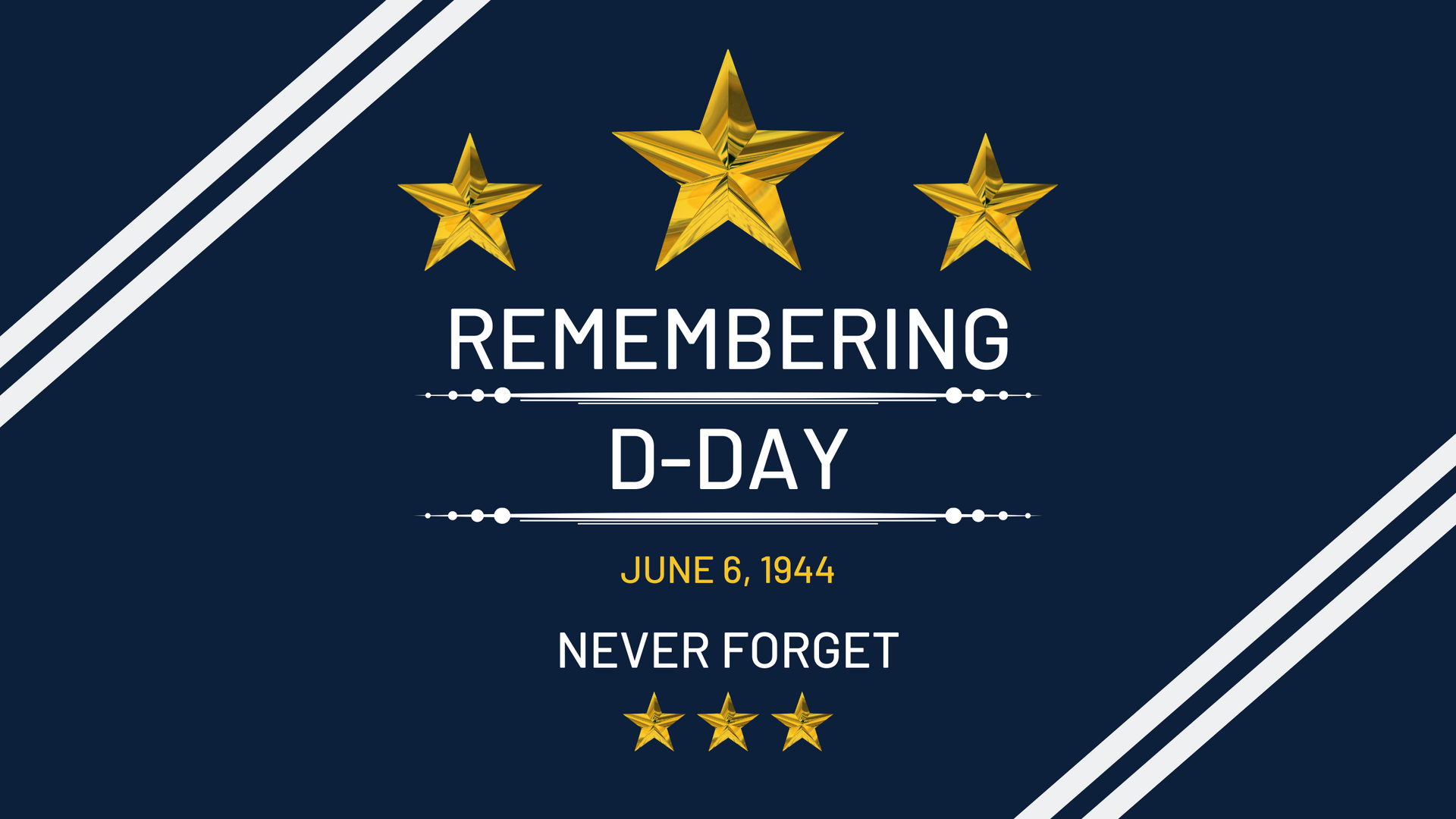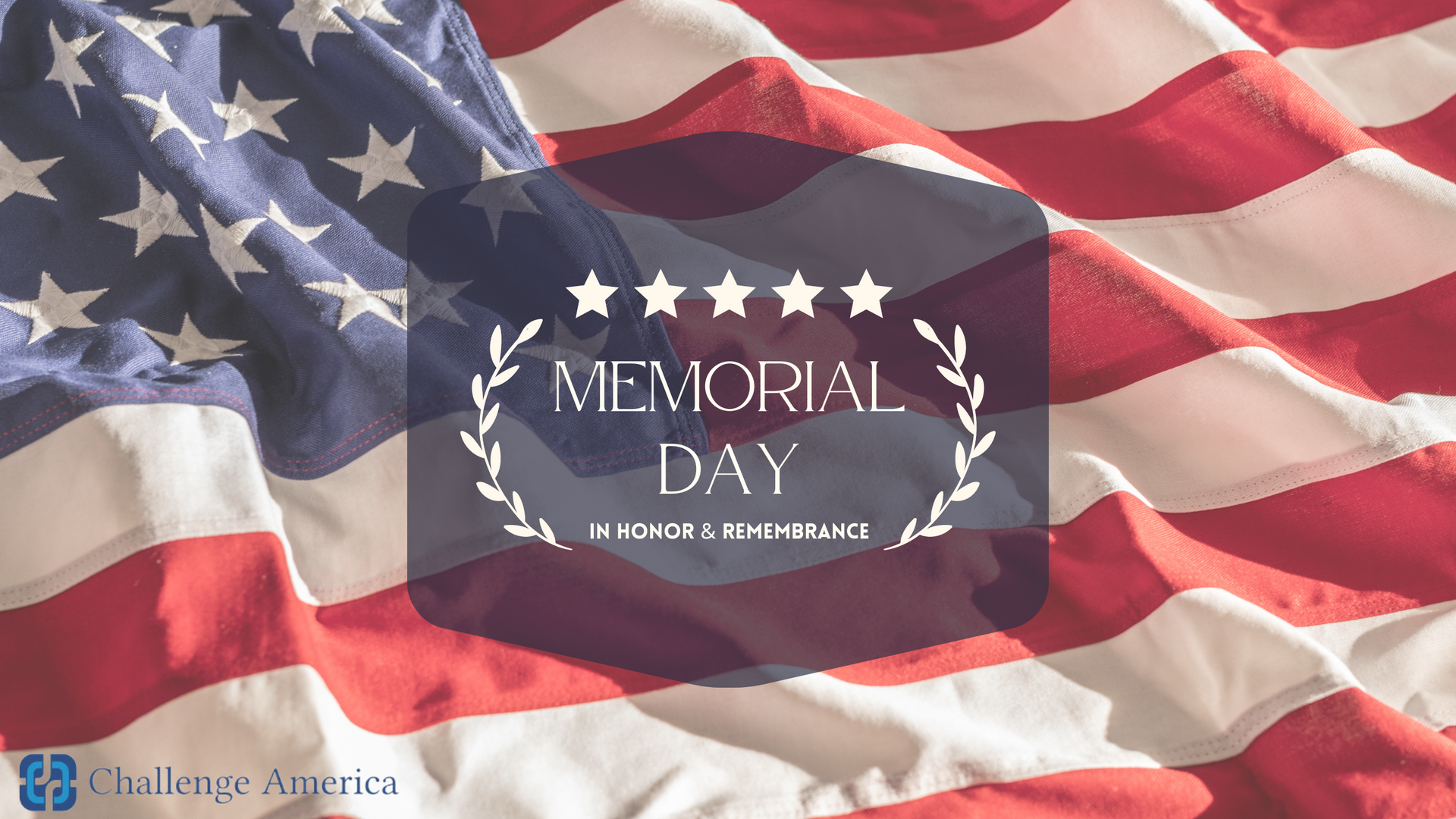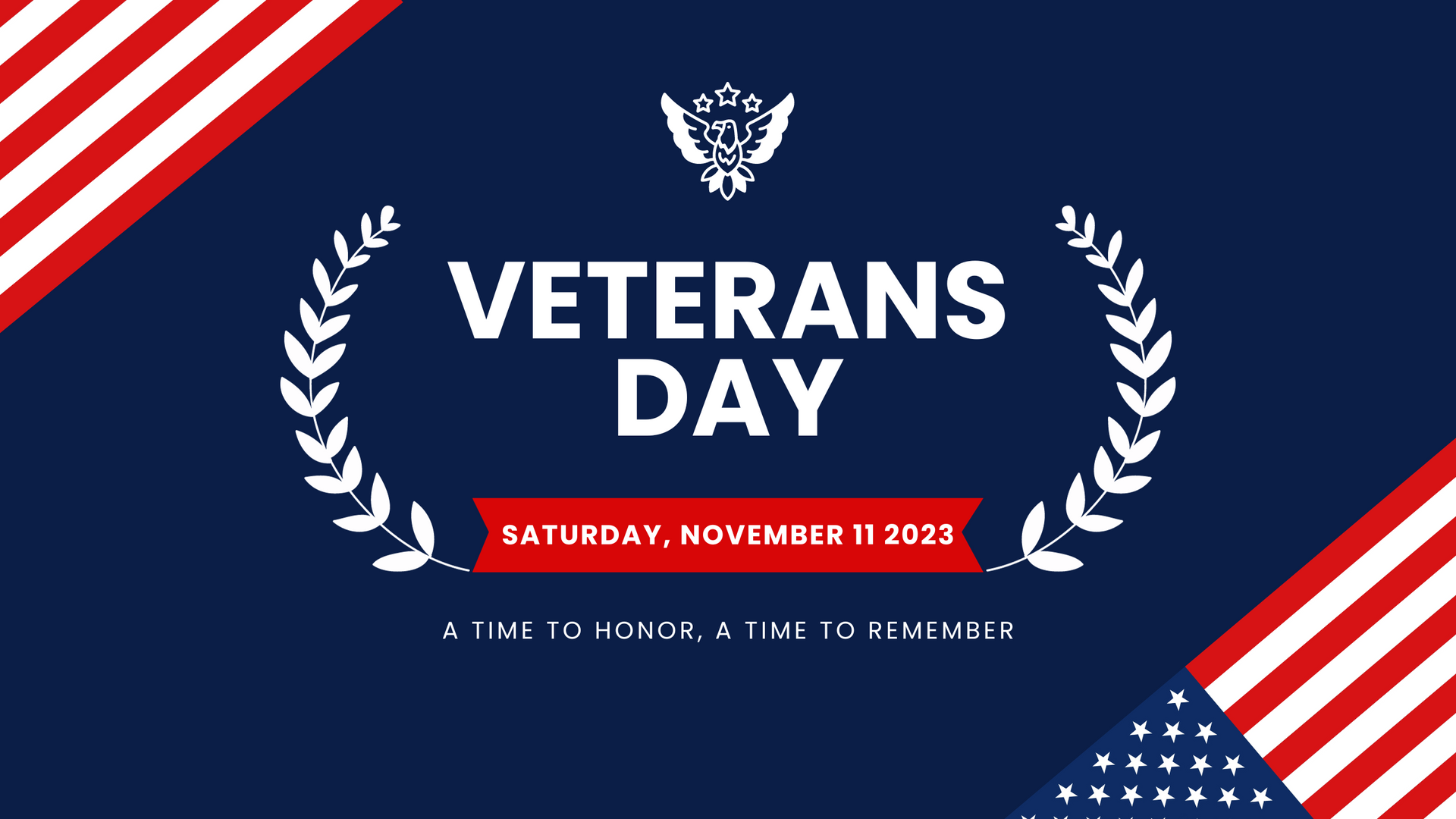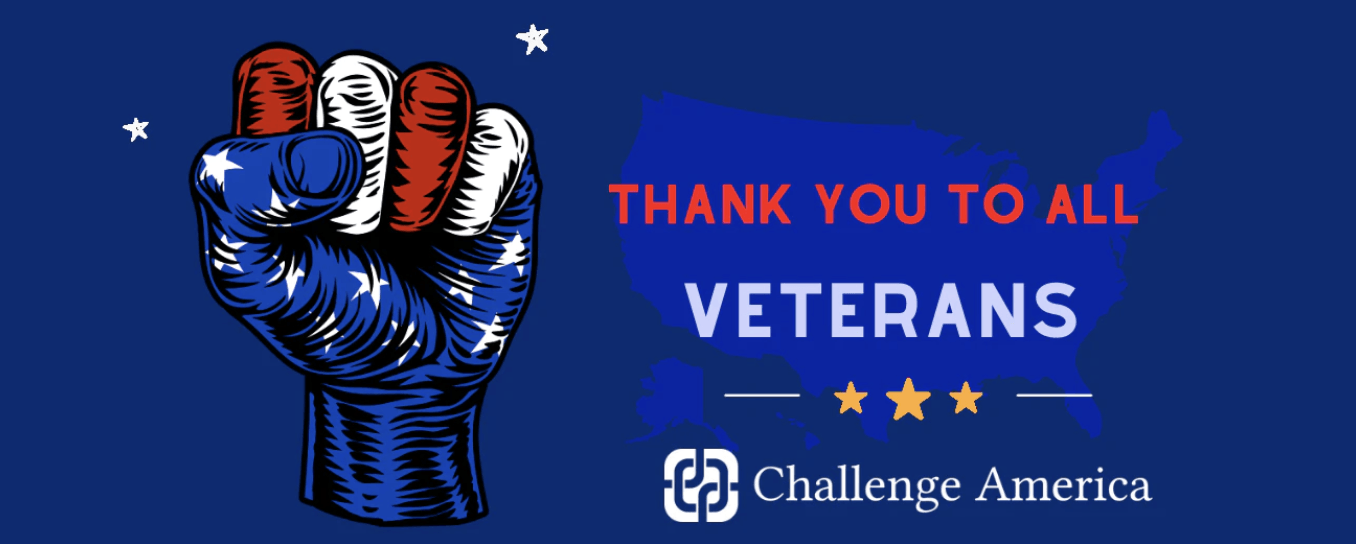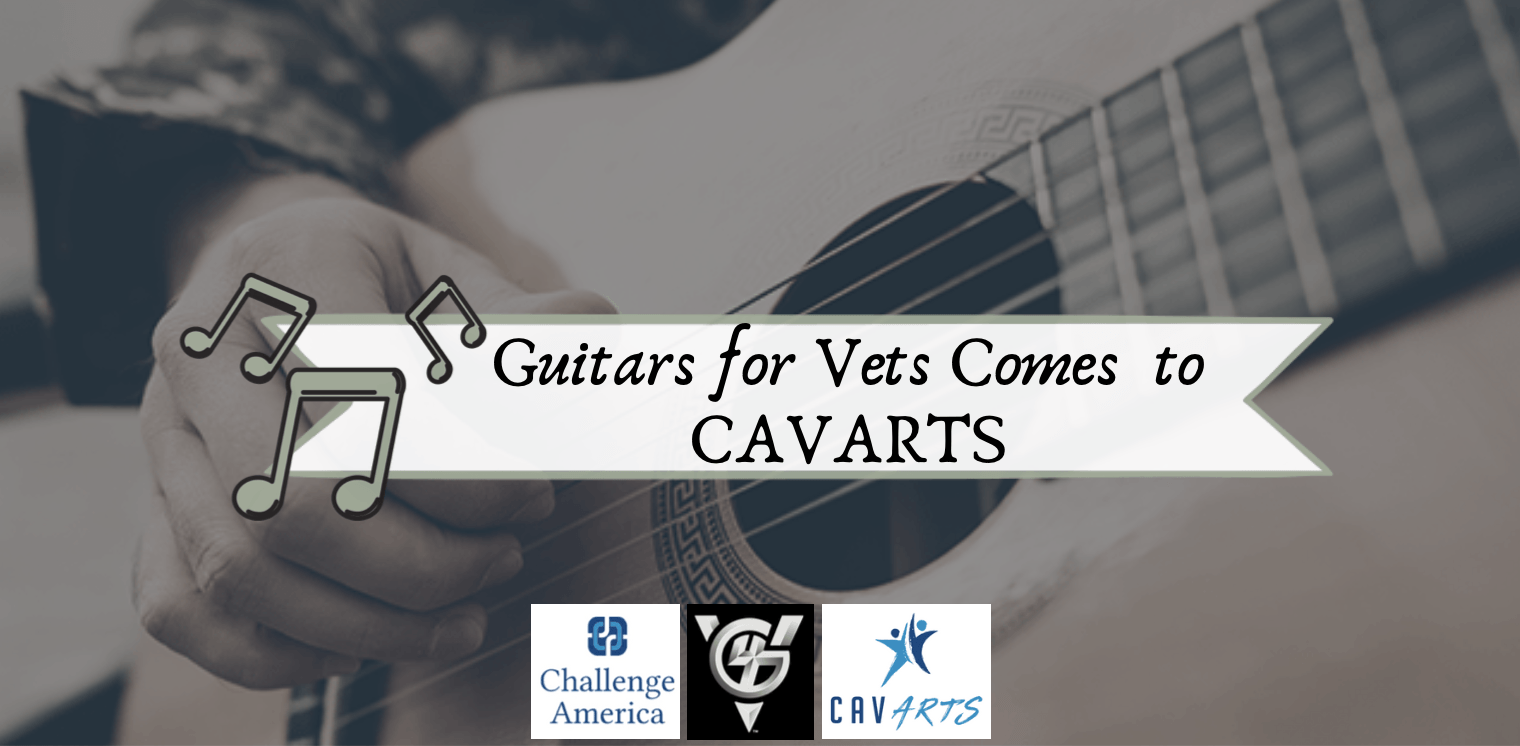FIVE SERVICES THAT HELP VETERANS SUCCEED IN COLLEGE
Five Services That Help Veterans Succeed In College: What to Look for When Applying to Colleges
Student-veterans often say their first year of college is the most difficult part of the transition back to civilian life. Veterans enter college with advanced skills, including a solid work ethic and motivation, yet often struggle to succeed. While some college campuses offer cutting-edge support, the overall landscape of student-veteran services is highly uneven. Here are five important support resources for student-veterans to look for when selecting a college.
2) A Properly Trained Faculty
In order to be most effective, faculty must understand and know the issues surrounding student-veterans. A student-veteran may be struggling to find his or her post-military identity and therefore needs assistance selecting a suitable course of study. Additionally, the prevalence of mental health disorders such as PTSD and anxiety may inhibit a student-veteran’s decision-making and time management skills. A properly trained faculty can help alleviate stress and provide direction. When you are shopping for a college, ask if the faculty are familiar with and use the VA Campus Toolkit. This online resource provides the faculty and staff at colleges and universities the knowledge and tools they need to help student-veterans adapt and thrive.
4) Affordable Housing
Student-veterans are “non-traditional” students. The National Center for Education Statistics defines a “non-traditional” student as anyone who fits one of these seven characteristics.
- Do not immediately continue your education after you graduate from high school
- Attend college only part time
- Work full-time (35 hours or more per week)
- Are financially independent
- Have children or dependents other than your spouse
- Are single parents
- Have a GED, not a high school diploma
According to the Veterans Administration, only 15% of student-veterans are traditionally aged college students, most student-veterans are between the ages of 24 and 40, 47% of student-veterans have children, 47.3% of student-veterans are married, and 62% of student-veterans are first-generation students.
In many cases, on-campus housing cannot accommodate the needs of student-veterans and their families. Student-veterans often find it difficult to relate to the younger traditional students that typically reside in college housing. Unfortunately many campuses either lack nontraditional housing options altogether or offer a very limited number. Consequently, student-veterans often live in more costly and remote off-campus housing. In many cases, the distance a student travels to school is a significant variable in their prospects for success, and this holds true for student-veterans as well.
Some universities, such as New Mexico State University, have designated Student Veteran Housing on campus and others such as George Mason University, have a program to help student-veterans locate affordable housing options with other student-veterans. When you shop for colleges, ask their admissions officer if the college offers on-campus housing for non-traditional students.
5) Transparent Information For Informed Decision-Making
Some for-profit colleges have a history of preying on student-veterans. In some cases, these schools offer degrees with the accreditation or credentials to do so, which makes it difficult if not impossible transfer credits to an accredited university. The Project on Student Debt frames the problem more bluntly: Certain laws regarding the allocation of GI Bill money allowed “unscrupulous for-profit colleges to aggressively and deceptively recruit veterans, service-members, and their families to enroll in high-priced, low-quality programs.”
Before enrolling in any university program, student-veterans should do their homework and invest their GI Bill money wisely. To help, the VA created a GI Bill Comparison tool, which includes a rich set of metrics and rankings that make it easy for student-veterans to research a school and its policies.
Veterans, what have been the most difficult parts of transitioning to student life? What has your school done to help you adjust? Please share with us here at Challenge America, the resources that you have found most helpful and your ideas on what could be improved.
Sources:
Cook, Bryan J., and Young Kim. "From Soldier to Student: Easing the Transition of Service Members on Campus." American Association of State Colleges and Universities (2009).
Naphan, Dara E., and Marta Elliott. "Role Exit from the Military: Student-Veterans' Perceptions of Transitioning from the US Military to Higher Education." The Qualitative Report 20.2 (2015): 36.
Parks, Rodney, Erin Walker, and Carol Smith. "Exploring the Challenges of Academic Advising for student-veterans." College and University 90.4 (2015): 37.
Griffin, K. A., & Gilbert, C. K. (2015). Better Transitions for Troops: An Application of Schlossberg's Transition Framework to Analyses of Barriers and Institutional support structures for student-veterans. Journal Of Higher Education, 86(1), 71-97.
DiRamio, D. & Jarvis, K. (2011). Veterans in higher education: When Johnny and Jane coming marching to campus. ASHE Higher Education Report.
From Military Service to Student Life: Strategies for Support Student-Veterans on Campus. Education Advisory Board, 2009.

